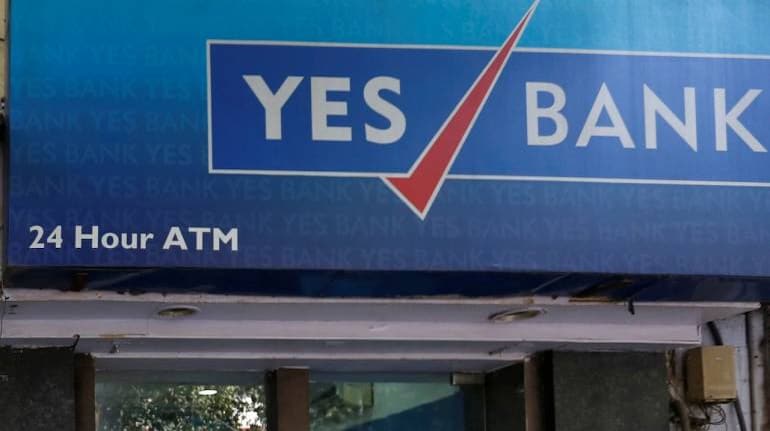If it is to comply with Reserve Bank of India (RBI) mandates, the private sector lender requires at least Rs 4,000 crore of equity this year
Yes Bank has on-boarded six investment banks – SBI Capital Markets, Kotak Mahindra Capital, Axis Securities (investment bank arms of Yes Bank shareholders State Bank of India (SBI), Kotak Mahindra Bank and Axis Bank), Bank of America, Citi Bank and HSBC for its Rs 10,000 crore fundraising process.
The private sector lender is looking at share sale via qualified institutional placement (QIP) or rights issue or a follow on public offering (FPO), said a report by The Economic Times.
“It is still early days…route will depend on valuations we get. Investment bankers will meet on June 5 to take stock of the issue,” one source told the paper. A date is not yet set, they added.
Moneycontrol could not independently verify the report.
On the preferred route, a second source said it would depend on how investors respond as they cannot charge a premium for QIP while the bank’s stock price is “not great”. QIP is the fastest method of fundraising.
"A FPO will allow us to charge a premium but since it is a public issue it will need more time and compliance. So we will have to weigh our options," they added.
The source added that their pitch would be a “ready bank with all vectors in place” in a growing market. The report said that the bank is hopeful that investors will “look to the future, ignore the past”.
“We will need to be sure that we can pull off a minimum amount or get commitments from investors before we go ahead," said a source quoted in the report.
If it is to comply with Reserve Bank of India (RBI) mandates, the private sector lender requires at least Rs 4,000 crore of equity this year.
Yes Bank did not respond to queries on the matter, as per the report.
The bank was placed under moratorium by the central bank in March and the rescue plan included a consortium led by SBI, that holds 48.21 percent stake, and includes Axis Bank and Kotak Mahindra Bank.
Facebook-BCG report suggests these measures for businesses to unlock the changing consumer behaviour in the current pandemic. Read More!














